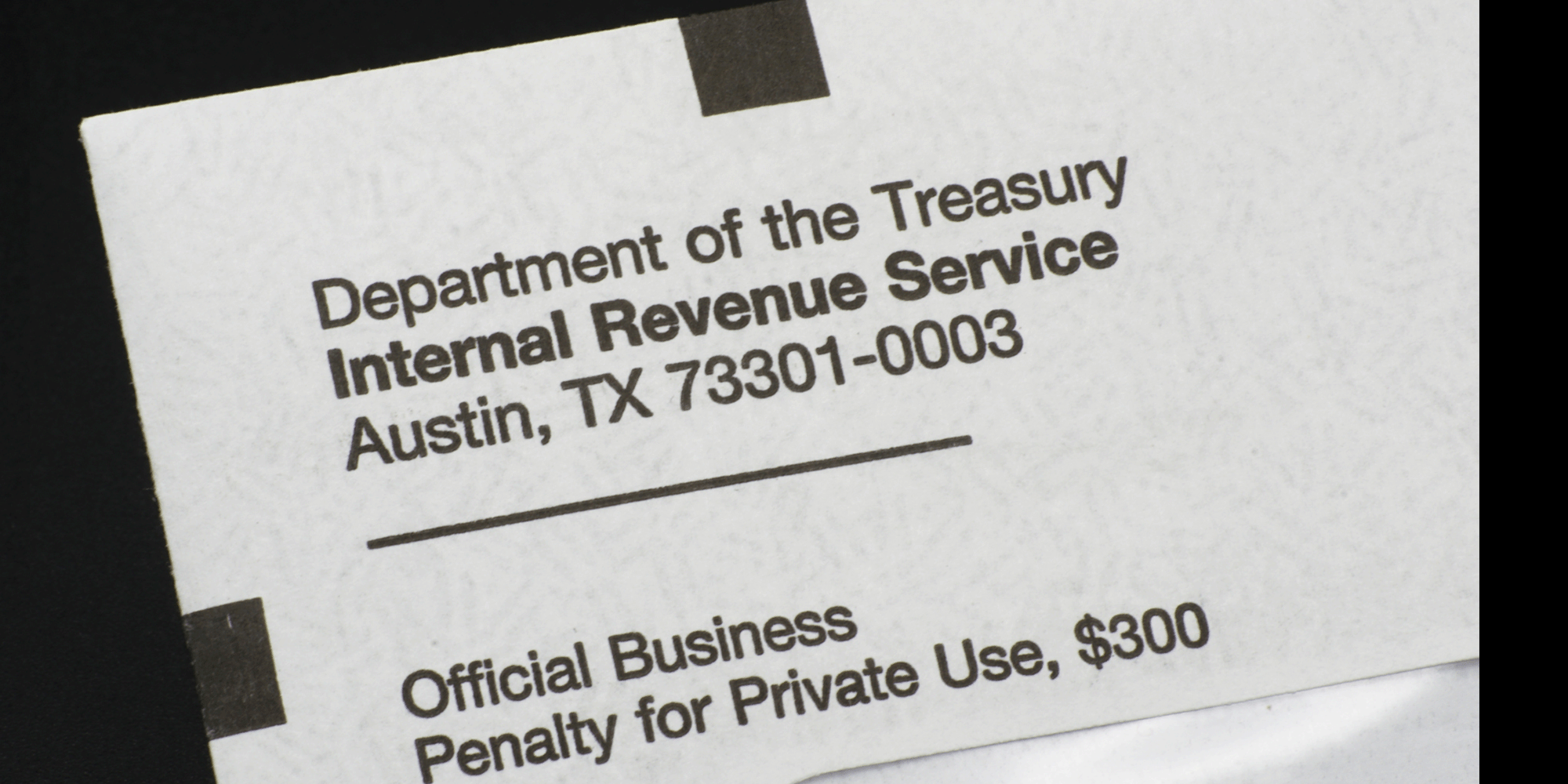Tax Prep 2023: Your Ultimate Guide to a Smooth Filing Season
- The IRS is nudging taxpayers to start prepping for their 2023 federal income tax return. In a series of reminders, they're laying out steps to ease the filing process come 2024. Here's the scoop on what's fresh and what to ponder before filing next year.
Online Account Upgrades
Big news! Folks with an Individual Taxpayer Identification Number (ITIN) and taxpayers can dive into their Online Account to eyeball, give the nod to, and electronically sign power of attorney and tax info approvals from their tax pros. This online portal also lets you:
- * Check out what you owe and your payment history, plus set up payments.
- * Ask for tax transcripts.
- * Scope out or apply for payment plans.
- * Peek at digital copies of select IRS notices.
- * See key data from your latest tax return, like your adjusted gross income.
- * Validate bank accounts and save multiple ones for payment without the headache of re-entering details every single time.
Don't Hold Your Breath for Refunds
Refund timing's a tricky game. While most refunds roll out in under 21 days, it's a no-go to bank on a specific date for that 2023 federal tax refund, especially if you're eyeing big buys or bill payments. Some returns need extra review time, especially if there's a whiff of an IRS system snag, missing info, or suspicious activity like identity theft or fraud.
Here's the kicker: if you're claiming the Earned Income Tax Credit (EITC) or Additional Child Tax Credit (ACTC), the IRS can't cough up those refunds before mid-February. By February 27, 2024, direct deposit fans can expect most EITC and ACTC-related refunds in their accounts, no other issues pending.
Last Call for 2023 Payments
January 16, 2024, marks the final quarterly payment for 2023. For those raking in non-paycheck dough from gigs, self-employment, or other income streams (yes, even digital assets), the Tax Withholding Estimator on IRS.gov could save you from a surprise tax bill at filing time.
Gather Those Docs!
It's document time! Round up all those crucial bits and pieces − W-2s from work, 1099s from banks or other payers, and records for digital asset trades. A tidy record-keeping system, whether digital or old-school paper, sets you up for a smooth, delay-free filing.
Delayed Reporting Thresholds
Heads up: the $600 Form 1099-K reporting threshold for third-party settlement organizations takes a rain check for calendar year 2023. The IRS is giving it an extra year as a transition period to dodge the chaos of sending out unnecessary forms. Reporting only kicks in if you rake in over $20,000 with more than 200 transactions in 2023.
Change Is Brewing
The IRS is cooking up changes for the 2024 tax year, eyeing a $5,000 threshold after 2023 as part of the shift toward the $600 reporting threshold from the American Rescue Plan (ARP).
Income's Income
Remember, all income counts, even the odd job cash or selling your stash. If you've got a Form 1099-K or any other info form, it's still gotta be on your tax return unless the law says otherwise.
Energy Credits 101
Got a new ride in 2023? Check if you're eligible for credits under the Inflation Reduction Act of 2022 for electric or clean vehicles. Tally your VIN and fill out Form 8936 to claim those credits. Plus, if you spruced up your crib with energy improvements, there are tax credits for that too! Form 5695 is your ticket to claiming those residential energy credits.
Turbocharge Your Refund
Speed up that refund train! E-filing and choosing direct deposit is the express lane to getting your cash. Even prepaid debit cards or certain apps can zap that refund straight to your digital wallet. Just make sure they have the right routing and account numbers before punching them in on your tax return.
Posts by Tag
- tax problems (49)
- tax services (41)
- How the IRS Works (40)
- Resolving tax debt (38)
- Offer in Compromise (17)
- Tax News (14)
- 2023 Taxes (12)
- filing deadline (7)
- Tax Relief (6)
- Tax Preparation (5)
- 2020 taxes (4)
- Tax Advice (4)
- Avoiding an Audit (3)
- IRS Final Notice (2)
- Save Money (2)
- Estate Planning (1)
- Prior year returns (1)
Recent Posts
Popular Posts
Where's My Refund?
Just wanted to give you a...
An Offer-in-Compromise (OIC) is an agreement...
IRS IS CRACKING DOWN
The IRS has made it...

